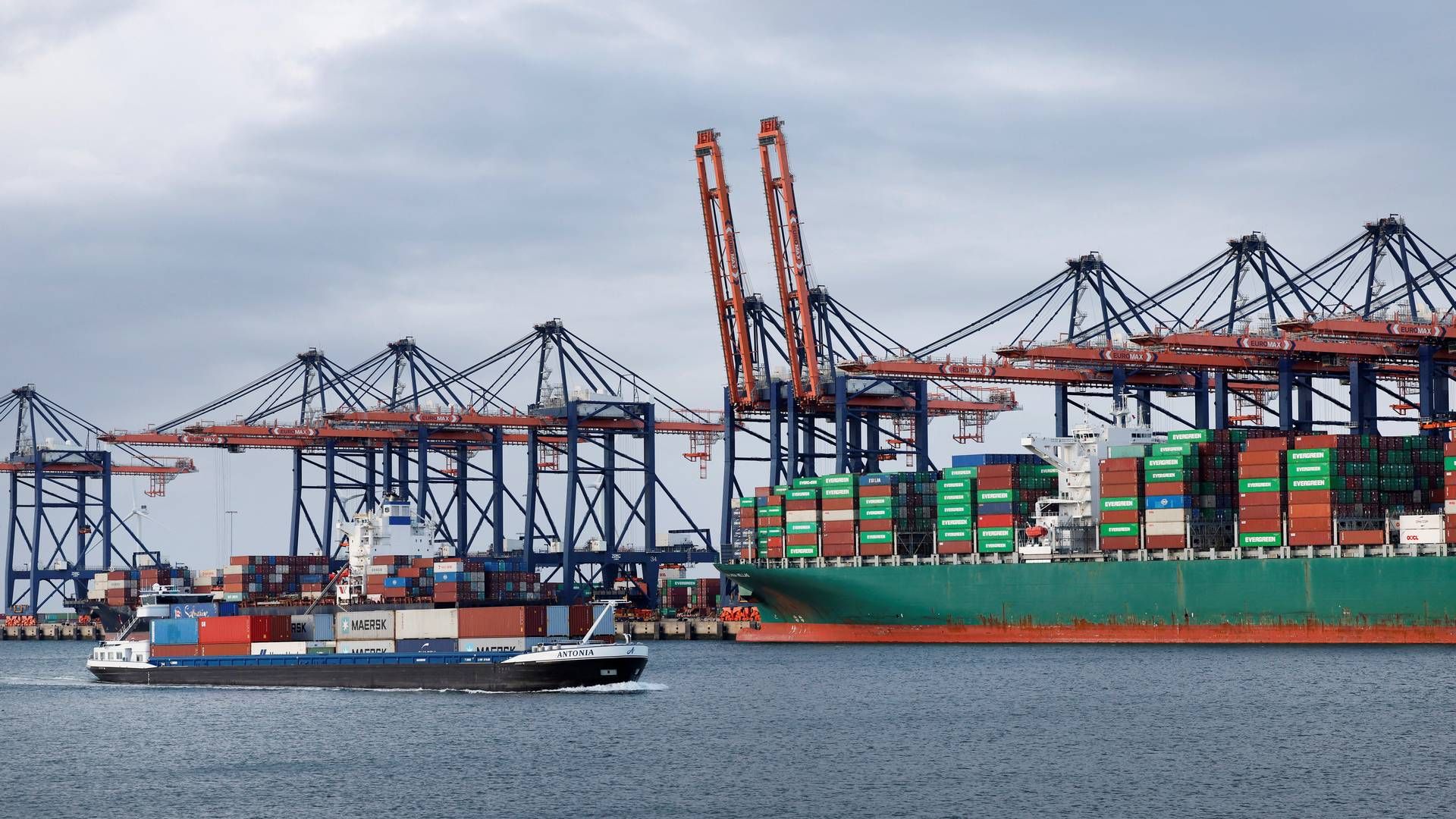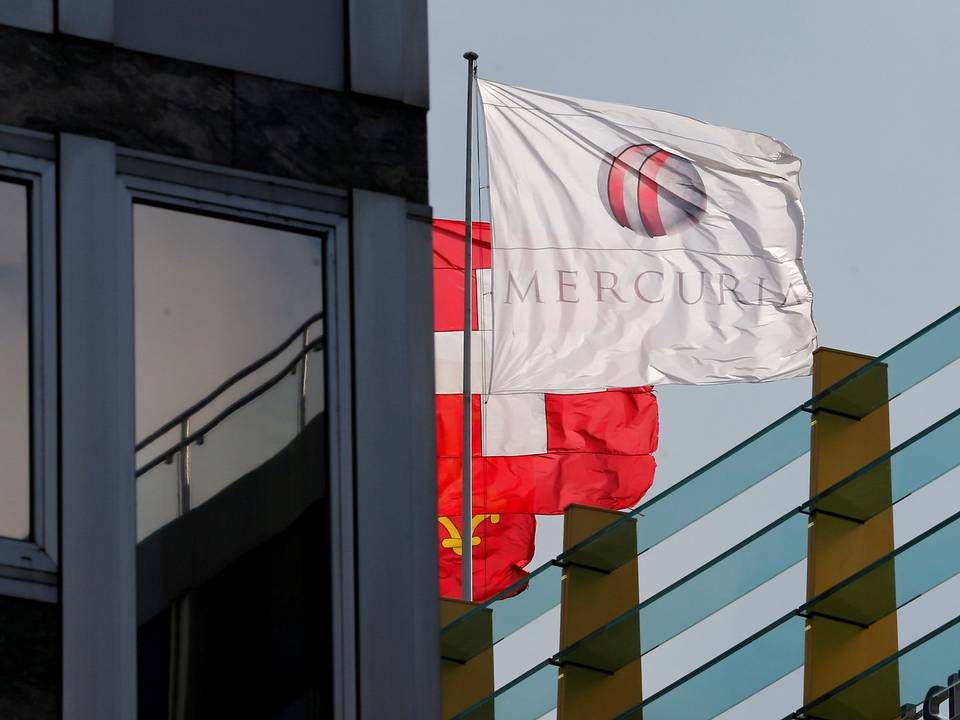Minerva Bunkering expects strong growth in biofuels by 2024

Geneva-based Minerva Bunkering will start selling biofuels at a European port later this year, expecting the market to grow strongly by 2024.
Speaking to ShippingWatch, Minerva Bunkering’s CEO, Tyler Baron, explains that the latest climate regulation will have a significant impact on the market as early as next year, and even more so from 2025.
”I think as we look towards 2024, we’ll start to see both the carrot and the stick, probably making it more attractive to use biofuels. And as we start to approach 2025, we also have FuelEU Maritime, which is another smaller carrot towards its [biofuels’] use,” as he puts it.
As early as 2024, the EU’s CO2 Emissions Trading System (ETS) will undoubtedly drive owners to use green fuels, because CO2 allowances must be purchased for each voyage. Therefore, it will become cheaper to sail on green fuels. In addition, from January 2025, at least two percent of fuels must be green and non-fossil, which is expected to further push the market for biofuels, as it is still the only green fuel available and compatible with traditional bunker oil.
New service on the Suez Canal
A few weeks ago, Minerva Bunkering completed its first bunkering operation in Egypt after being licensed to operate in the Suez Canal and 12 Egyptian ports, including East and West Port Said, Alexandria, Damietta, Suez, and Sokhna. And it’s unlikely to be the last place the company expands, although Tyler Baron is reluctant to call Minerva Bunkering a growth company.
”History will probably call us a growth company, because, fortunately, the company has grown quite a bit since the new Minerva saw the light of day a little over four years ago. Volume has grown by more than 60 percent since then, but we have no interest in growth for growth’s sake — only if it’s justified by the opportunities,” he says.
Having expanded its biofuel business in Singapore over the past year, it expects to establish another service in 2023.
”We will start a biofuel operation in Europe. We are looking both at shipping becoming part of the ETS and at Fuel EUMaritime. But we are also starting to look at it from a cost perspective in terms of reducing CO2 emissions. Biofuel is the cheapest way to reduce a tonne of CO2 compared to alternatives at the moment,” he argues.
Will it be in Rotterdam?
”It will be in Northern Europe.”
Resurrected in 2019
Minerva is far from the only bunker company that sees the potential in selling biofuels. Competitors such as Bunker Holding and Monjasa recently told ShippingWatch that they are keeping a close eye on the market, trying to parse how to source alternative fuels from 2025 or earlier.
Ultimately, Baron emphasizes, Minerva will provide the fuels that customers demand. Fossil or non-fossil.
”We will follow the consolidation of demand patterns in the industry and make sure our supply chain is positioned to meet our customers’ demand,” he says.
Minerva Bunkering is a wholly owned subsidiary of Mercuria Energy Group, one of the largest privately held energy and commodity companies in the world.
The bunker company was resurrected in 2019 when Swiss Mercuria acquired the nearly bankrupt Greek bunker company Aegean Marine Petroleum and changed its name to Minerva Bunkering.
In 2021, Mercuria acquired 61 percent of alternative fuel company Beyond6 in a transaction worth USD 169m. Beyond6 is one of the largest suppliers of alternative fuels in the United States.
(Translated using DeepL with additional editing by Christian Radich Hoffman)
Related articles
Did the bunker market grow last year? Bunker Holding says no
For subscribers




















